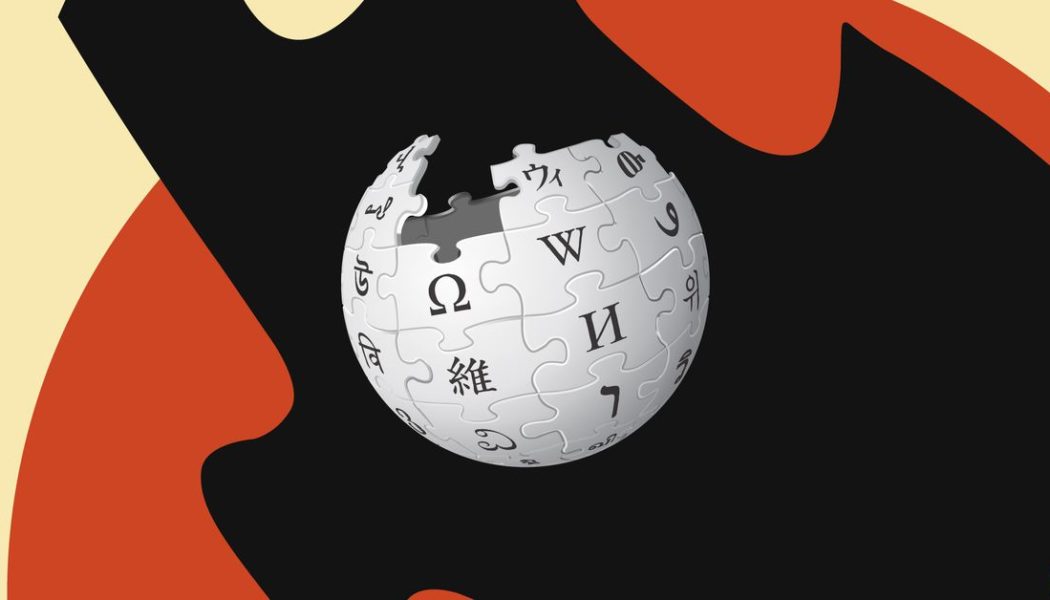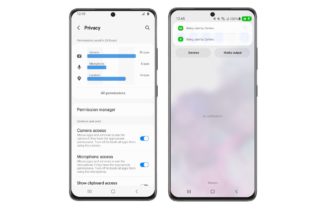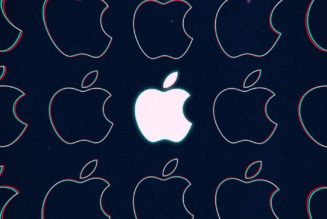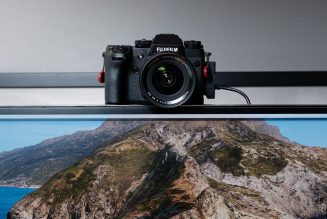/cdn.vox-cdn.com/uploads/chorus_asset/file/23982786/acastro_STK013_03.jpg)
Last night, I was casually wondering (as you do) which songs from Scottish electronic duo Boards of Canada’s seminal debut album, Music Has the Right to Children, use audio samples from Sesame Street? It’s the sort of idle fact-checking that humans in the 21st century are blessed to indulge in, and so (as you do), I whipped out my smartphone to Google it.
Thirty seconds later, I got so annoyed, I downloaded the Wikipedia app instead.
The problem I faced is not a new one. Many people have noted the slow degradation of Google’s search in recent years, partly a result of macro changes to the web’s structure and partly Google’s own fault for relentlessly privileging its own ads and services. And in this particular case, when I searched for the album in question, I had to scroll past the following:
Only then did I reach the result I wanted: Wikipedia itself. (Turns out that Sesame Street samples are used on several tracks including “The Color of the Fire” and “Aquarius.” Neat!)
I know, I know. This is hardly an arduous journey or an important problem. But in my infinite privilege and petulant desire for frictionless access to trivia, this little scrolling mission riled me up mightily. In fact, it got me thinking: why the hell am I Googling this stuff anyway? If half of my Google searches on mobile are just Wikipedia lookups, why not cut out the middleman altogether?
So I did: I downloaded the Wikipedia app and can wholeheartedly recommend you do the same.
I will loudly declaim to whoever will listen that Wikipedia is actually one of the true wonders of the internet
It’s not just that Google search on mobile is bad (it is) or that Google shouldn’t be rewarded for its monopoly position (it shouldn’t); it’s also that the Wikipedia app is… kinda fun, particularly if you’re a nerd with an affinity for factoids. I don’t know about you, but give me a few beers and next to no provocation, and I will loudly declaim to whoever will listen that Wikipedia is actually one of the true wonders of the internet: an honest-to-goodness gift to humanity that, despite its numerous failings, provides exponentially more utility than harm in this shabby, fallible world of ours. In fact, when I think about it, much of what I consider to be “good” or “useful” about “technology” or “modern life” essentially boils down to “having access to Wikipedia all the time.” So why not make that easier?
Of course, there are lots of areas in which Google will continue to reign supreme — for destinations, news, and vague searches for things you half remember, but for a certain set of use cases, Wikipedia is just faster and more convenient. In fact, it also seems like a better way to waste time on my phone. What’s this, I ask, as I open up the app. A picture of the day? Don’t mind if I do. Oh, and a top five most-read article list? Send ‘em my way. And a map feature that lists nearby article subjects? Wikipedia, please, with your little live compass icons that direct you to nearby locations, you’re really spoiling us.








